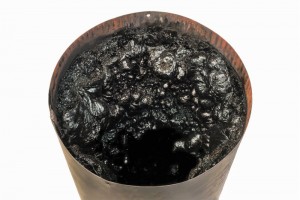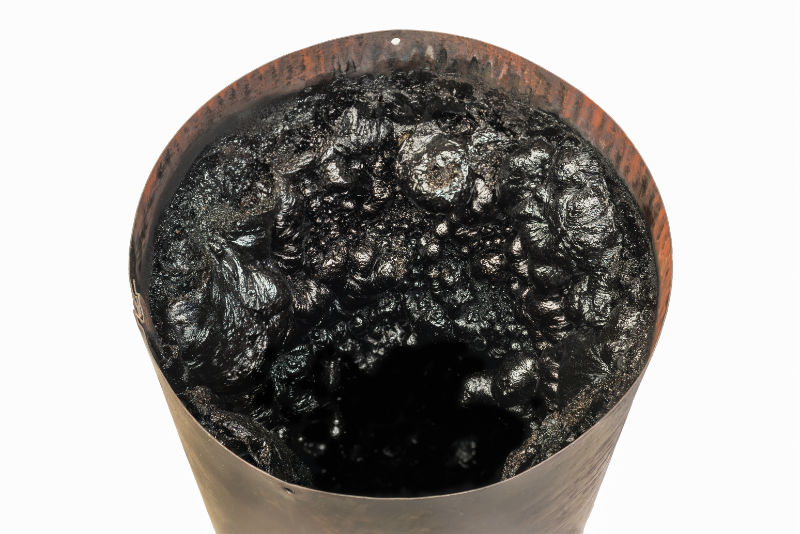In your home, nothing can clear a room faster than a stinky chimney. Even if they are minor, chimney odors should never be ignored; they are often the symptom of a more serious chimney problem. Likewise, as many chimney odors are more noticeable during hot or humid weather the summer is the perfect time to have your chimney odors addressed.
Causes of chimney odors
Fireplace systems are surprisingly complex and have a number of different components; unfortunately, this also means that there can be a number of different causes of chimney odors. While a chimney inspection from a certified chimney sweep is often needed to uncover the source of a chimney odor, the following are some of the most common causes of stinky chimneys.
– Animal entry: Sudden and sharp rotting odors are often cause by the presence of an animal in the chimney. While the body of a deceased animal can create an extremely unpleasant odor, the food, nesting materials, and droppings of live animals can also cause quite a stink. Because most animals become trapped in the chimneys and cannot escape, it is important to call a chimney sweep or wildlife removal company any time the presence of an animal is suspected. Homeowners should never attempt to “smoke out” a trapped animal; the smoke and heat can cause the animals to become further disoriented and any foreign material in the chimney can ignite and cause a chimney fire.
– Creosote buildup: Odors from creosote buildup are often described as a heavy, smoky smell; odors from creosote buildup are often worst in the hot and humid months of summer which makes them more noticeable during this time of the year. While creosote is a naturally occurring byproduct of fuel burning fires, it should not be allowed to accumulate in the chimney. Because it is so flammable, accidental ignition of creosote is the leading cause of chimney fires. Having your chimney regularly swept can eliminate creosote odor while making your fireplace safer to use.
Creosote buildup: Odors from creosote buildup are often described as a heavy, smoky smell; odors from creosote buildup are often worst in the hot and humid months of summer which makes them more noticeable during this time of the year. While creosote is a naturally occurring byproduct of fuel burning fires, it should not be allowed to accumulate in the chimney. Because it is so flammable, accidental ignition of creosote is the leading cause of chimney fires. Having your chimney regularly swept can eliminate creosote odor while making your fireplace safer to use.
Water damage: While exterior masonry is designed to stand up against moisture from the elements, interior chimney components cannot. Not only does water entry damage your chimney, but it can also cause chimney odors to develop; damp or musty chimney smells are often the result of an unresolved chimney leak. Because it is dark and cool, the presence of water in the chimney can also lead to mold and mildew growth. This can cause extremely unpleasant chimney odors as well as negatively affect the air quality in your home. Small children, the elderly, and those with respiratory issues such as asthma may notice their breathing affected if mold growth is present in the chimney.
A chimney odor is never something to be ignored; instead of trying to mask the smell with air fresheners, call a certified chimney sweep to help uncover the underlying cause. If you are dealing with a stinky chimney this summer, contact Magic Broom today to schedule your next appointment.

